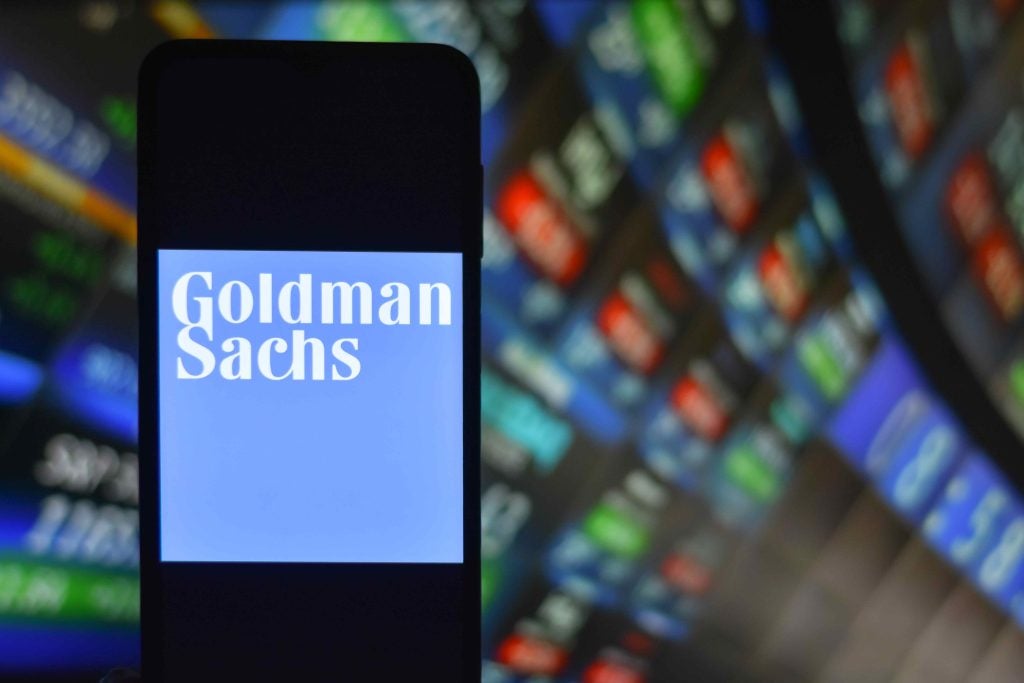
British wealth manager Brewin Dolphin has registered a rise in profit as market recovers from lows induced by the Covid-19 crisis.
Highlights
The firm’s pre-tax profit and adjusted items for the year ending 30 September 2020 stood at £78.2m, a rise of 4% versus £75m in the prior year.
Statutory pre-tax profit rose to £62.1m from £62.6m).
Total income increased 7% year-on-year to £361.4m including £19.8m from recent takeovers. Higher commission and fee income driven by higher market levels supported a rise ion income in the second half of the year.
Financial planning income increased 20% to £33.1m.
Total funds under management grew to £47.6bn from £45bn, with acquisitions contributing £2.7bn to this figure. This included the purchase of wealth management business of Investec Ireland.
When stripping out funds from these takeovers, total funds remained almost unchanged on a year-on-year basis.
The firm’s total funds increased 15% from 31 March 2020.
Total discretionary funds were £41.2bn at the end of September 2020, compared with £40.1bn a year ago.
Brewin Dolphin has announced a final dividend of 9.9p per share, taking total to 14.3p per share, lower than the 2019 total figure of 16.4p per share.
The firm also said that it expects FY 2021 operating costs to grow “mid-single digit”.
Brewin Dolphin CEO Robin Beer said: “Looking ahead to FY 2021, we’re prioritising our digital agenda, so we can innovate and explore ways to improve client and advisor user experiences. Our focus will also be to implement our new custody and settlement system, which will enable us to realise both operational and technology benefits.
“Our sector continues to have structural growth dynamics and we intend to benefit from these by enhancing our distribution capability both through our direct and indirect channels.”







